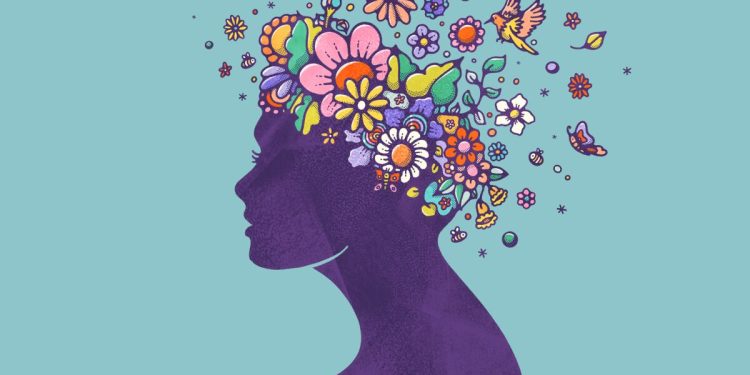The intricate connection between mental health and physical health has long been acknowledged by medical professionals and researchers. As experts continue to delve into the complexities of human well-being, it becomes increasingly evident that these two aspects are interwoven, impacting each other in profound ways. Understanding the link between mental and physical health is essential for a comprehensive approach to overall wellness and a better quality of life.
1. The Mind-Body Connection:
The mind-body connection refers to the interdependent relationship between mental and physical health. This connection is evident in various physiological processes influenced by mental states. For instance, chronic stress can trigger the release of stress hormones, which may lead to adverse physical effects like weakened immune function and increased risk of cardiovascular diseases.
2. Impact of Mental Health on Physical Health:
a. Immune System: Mental health issues, such as anxiety and depression, can weaken the immune system, making individuals more susceptible to infections and illnesses.
b. Cardiovascular Health: Chronic stress and negative emotions can contribute to high blood pressure, heart disease, and other cardiovascular problems.
c. Sleep Disorders: Mental health conditions may disrupt sleep patterns, affecting the body’s ability to recover and rejuvenate during rest.
d. Chronic Pain: Conditions like depression can amplify the perception of pain, leading to increased discomfort and reduced pain tolerance.
3. Impact of Physical Health on Mental Health:
a. Endorphins and Mood: Physical activity and exercise stimulate the release of endorphins, neurotransmitters that can improve mood and reduce feelings of anxiety and stress.
b. Body Image: Physical health issues or chronic illnesses can impact self-esteem and body image, contributing to feelings of depression and anxiety.
c. Chronic Illness and Mental Health: Coping with chronic illnesses can lead to mental health challenges, such as adjustment disorders, anxiety, and depression.
4. Shared Risk Factors:
Mental and physical health conditions often share common risk factors. For instance, an unhealthy lifestyle characterized by poor diet, sedentary habits, and substance abuse can increase the risk of both mental health disorders and physical ailments.
5. Holistic Approaches to Well-being:
Recognizing the link between mental and physical health has paved the way for holistic approaches to healthcare. Integrative therapies and treatment plans that address both aspects of well-being can yield more effective and lasting results.
Conclusion:
The inextricable link between mental health and physical health highlights the need for a comprehensive approach to wellness. Addressing mental health issues can have far-reaching benefits on physical health, and vice versa. As we continue to explore this intricate relationship, it becomes increasingly clear that promoting overall well-being requires a collaborative effort from healthcare professionals, policymakers, and society as a whole. Embracing a holistic approach to health and destigmatizing mental health concerns can lead to a happier, healthier, and more resilient population.






























